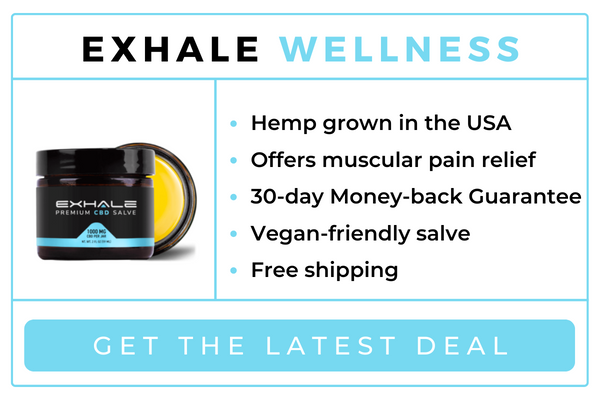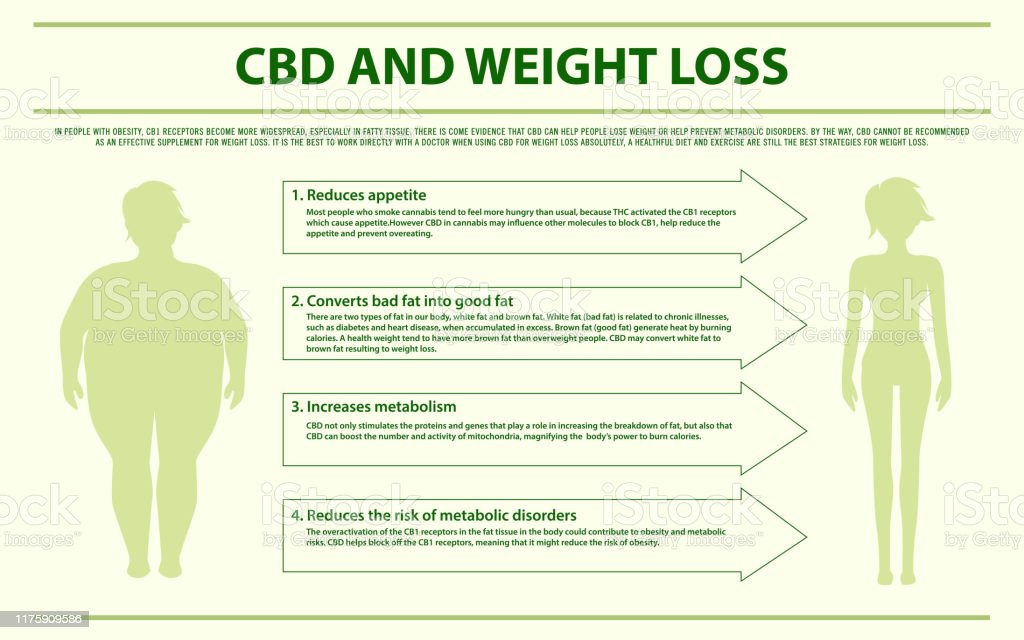
Hemp oil can be extracted from the hemp plants. It is a naturally occurring, nutty-flavored liquid that is obtained by pressing the hemp seed. Hemp oil can be a range of colors from transparent to dark green. The stronger the flavor, the darker it will be. However, hemp oil should not be confused with hash oil, which contains tetrahydrocannabinol.
Healthy omega fatty acids
Hemp oil has a high level of omega-3 fatty oils. It is also rich in vitamin E and minerals such as sodium, phosphorus, and magnesium. It's high in zinc, iron, and other nutrients. Hemp seeds also provide essential fatty acids that our bodies cannot produce themselves.
Hemp oil is the easiest way to get hemp omega 3. You can make smoothies from hemp seed oil. It's a good addition to any diet as it has a 3:1 ratio of Omega 3 and Omega 6 fatty oils.
High levels of polyunsaturated fat acids in hemp oil help lower bad cholesterol. It also has an ideal ratio in omega-3 to omega-6, which is beneficial for optimal health and prevents a variety of health issues. Hemp oil can also provide healthy omega fatty oils that help reduce inflammation and heart disease.
Hemp oil's omega content is comparable to that of fish oil. Hemp oil has fewer saturated fats than fish oil and contains higher amounts of omega-3s. This makes it an excellent choice. High levels of antioxidants in hemp oil help to reduce free radicals and promote youth. Hemp oil is also eco-friendly and helps to regenerate soils, which in turn reduces greenhouse gas emissions.
Additionally, hemp seed oil contains omega-3 essential fatty acids. This helps to lower blood pressure. It also has antiinflammatory and hydrating characteristics. A great oil for those suffering from eczema. It protects the skin from infections and strengthens it. It reduces wrinkles as well as improves the skin’s elasticity.
Potent antioxidants
Hemp oil provides a wealth of heart-healthy essential fat acids including omega-3 (alpha–linolenic acid), and omega-6 (linoleic. High levels of unsaturated fat acids help to reduce free radicals. These compounds also have immunoregulatory as well as anti-inflammatory activities. They are also known to reduce oxidative stress.
Hemp oil is good for your skin. It has a healthy 3:1 ratio of omega-3 to Omega-6 fatty acid, which moisturizes and reduces inflammation. Linoleic is also in this oil, which improves the skin's quality and reduces the chances of getting acne. It is rich in minerals such as magnesium, iron, zinc and potassium.
Several studies have explored the effects of hemp seed oil on various oxidative stress markers in a mouse model. In one study, hemp oil was found to have no effect on malondialdehyde levels at concentrations between 12.5-62 uL/mL. Higher concentrations (125 U/mL) however led to higher levels of malondialdehyde. It is also known that hemp seed oil reduces oxidative stresses at the cellular levels. These results suggest that hemp seed oil could be used as a treatment for diseases caused by oxygen reactive species.

Hemp seed oils have been found to lower the levels endogenous molecules H2O2. In adult Drosophila larvae, hemp seed oil reduced catalase activity. These findings suggest that hemp seed oil is a potent antioxidant. Hemp seed oil can also reverse the effects of copper-induced poisoning. Hemp oil is also rich in polyunsaturated oils, which makes it an excellent source for these fatty acids.
The triacylglycerol component of hemp seed oil contains 0.47 percent a-linolenic and 1.84 percent linoleic residues. The remaining components include sterols as well as free fatty acid and two tocopherols.
Protecting cells from free-radical damage is a key role of antioxidants. They fight free radicals by binding with them and preventing them from stealing oxygen from neighboring cells. This stops the destructive cycle from recurring. Additionally, antioxidants increase the body's inherent antioxidant defenses.
Potentially weight loss aid
Hemp oil could be an aid in weight loss. Hemp seed oil contains essential fatty acids omega-3, omega-6 in a 3:1 ratio. It also contains b-sitosterols which are thought to improve your heart health. If you are healthy, hemp seed oil can be included in your daily diet to help with weight loss.
CBD has been linked to weight loss by decreasing appetite. Based on animal research, CBD was found to reduce the amount of food that rats ate. This was due both to decreased hunger and lower total food intake. CBD, although it is costly, has many health benefits. CBD doesn't cause positive drug test results.
GLA in hemp oil has been linked to improved health. The oil's fatty oils aid the body in the production of hormones. They are absorbed into the bloodstream and play an important role in many body processes. Your immune system may be supported by the omega-3 fatty acid found within hemp seed oil.
Legality in the U.S.
The legality and safety of hemp oil in the United States is a topic that has been debated in the past. It is legal for some, but it is also safe for others. The answer to that question depends on the state you live in. In most states, hemp can be grown legally. Texas is the exception to the rule. There is some controversy about the amount Delta-8 found in hemp plants. It is illegal to consume more than 0.3% Delta-8 from hemp.
Some states, however, have legalized hemp oil for medical purposes. In Alabama, you can use it for any number of conditions. In Minnesota, you can buy hemp-based CBD oil without a prescription from a physician. There is also a medical marijuana program in the state. You can also use CBD oil derived from hemp in Missouri. The law states that CBD oil products must contain 0.3 percent or less THC and should be diluted to five percent or less. You must obtain a certificate of registration for hemp extract to be able to use it beyond legal limits.

The legality of hemp oil in the United States is still a controversial issue. In the early 2000s, the DEA (Drug Enforcement Agency) began questioning the legality of hemp oil. The DEA declared synthetic THC products containing THC illegal. But the DEA also determined that natural THC is only illegal if it comes from marijuana. Recent changes to the definition of marijuana have led to a change in this. This is one of several loopholes in the legality of hemp oils.
North Carolina's Department of Health and Human Services regulates cannabis extract. It must not contain more than 0.9 percent THC or less than five percent CBD. It can't contain any other psychoactive components. The state permits the possession of CBD oils derived from hemp for medical use.
However, in some states, CBD oil is not legal. While CBD oil can be used as a form or marijuana, it isn't psychoactive and won't make you "high." While the federal government has yet to legalize hemp products, states have the final say.
FAQ
How can CBD products sold in a legally compliant manner by companies?
The FDA does not regulate hemp as an agricultural commodity. The FDA regulates cannabis derivatives (e.g. marijuana) under the Controlled Substances Act. To date, there are no specific regulations for CBD.
CBD is legal in 29 states. However it is still illegal under federal law. This uncertainty is a problem for CBD-product sellers.
The FDA also maintains strict guidelines on how CBD products may be marketed. For example, they must clearly disclose any product's THC content. Without scientific evidence supporting this claim, CBD cannot be used to treat certain medical conditions.
The FDA also requires manufacturers to provide detailed information about their manufacturing processes and quality control measures. They require companies to carry out clinical trials to prove safety or efficacy.
These are important considerations for companies when creating their marketing strategies.
What are the differences in CBD price between different states?
Prices for CBD products vary widely depending on where you live. Prices can vary by as much as ten times depending on where you live.
Prices increase in the north. CBD in Alaska costs $35 per gram. In Hawaii, however, it costs about $200 per gram.
This trend continues across the country. Prices range from $5 to over $2,500 per gram.
Why is this happening to you?
Variable levels of regulation can explain why prices differ so greatly. Some states require that CBD products have very low levels of THC (the psychoactive part of marijuana). Other states don't care what level of THC is present.
Some companies may choose to sell their products first in one state before shipping them to another.
Which states use the most CBD?
California, Colorado and Oregon are three of the most popular states. These states have large populations and high incomes with low unemployment. They also have higher levels of hemp farming than other states.
California is the leader because its economy is heavily dependent on agriculture. It is home to a large amount of fruits and vegetables. This makes sense since cannabis is derived from the same plant as hemp.
Oregon and Colorado are closely followed by Oregon, both of which produce marijuana for medical use. However, unlike California, these two states do not allow the recreational use of marijuana.
Other states that rank high include Washington, New York. Florida, Illinois. Pennsylvania. Mississippi.
Where can I purchase CBD products?
You can purchase CBD online or at local retail stores. Online retailers often offer better deals. Many websites sell CBD products containing industrial hemp.
If you prefer shopping locally, consider brick-and mortar businesses that are focused on CBD products.
A lot of states have passed laws that allow consumers to purchase CBD products without the need for a prescription. CBD products might be available for purchase at your local pharmacies if you're a resident in one of these states.
You may even be able to get CBD products delivered directly to your door.
What are some common mistakes that companies make when they enter the US cannabinoid market?
Not understanding the regulations for cannabis products is a first mistake. This could cause you to have to modify the formulation of your product.
Another mistake is not being able to correctly label your product. You must know whether your product contains CBD, THC, or both.
The third thing you need to do is understand how to package your product properly. If your product contains THC you should ensure that it's packaged in child-resistant containers.
If your product does not contain THC, then you should still follow all packaging laws because there are many states where cannabidiol (CBD) is legal.
It is important to track recalls of your products. It is crucial to notify customers as soon possible if you have a problem with your product.
Are CBD companies a good investment?
The answer depends on the question you are asking. If you are looking for a way to make some money, yes. But, if the goal is to help people, then no. Because there are other ways you can do it without spending $20k.
Statistics
- The use of these products is likely to become even more widespread if the World Health Organization's recommendation that CBD no longer is scheduled in the international drug control conventions is adopted by the United Nations member states [201]. (ncbi.nlm.nih.gov)
- A recent systematic review of human trials also reported that individuals with epilepsy receiving CBD (5–20 mg·kg−1·day−1) were more likely to experience decreased appetite than those receiving placebo (i.e., ~20 vs. 5% of patients) (ncbi.nlm.nih.gov)
- While the primary injury may not be treatable, interventions that attenuate secondary sequelae are likely to be of benefit [203].Only one study (ncbi.nlm.nih.gov)
- CBD seems unlikely to directly influence sleep in healthy humans [115] (and maybe “sleep-promoting” in those with certain comorbid conditions) (ncbi.nlm.nih.gov)
- As a substance that was federally illegal before the passage of the 2018 Farm Bill, hemp-derived cannabinoids with no more than 0.3% THC still face a regulatory grey area. (forbes.com)
External Links
How To
How To Get Certified For Selling CBD Products
One of many cannabinoids found within cannabis plants is CBD (cannabidiol). It has been used medicinally in many countries throughout history, including traditional Chinese medicine and India. Its ability to treat anxiety, pain and epilepsy has led to it becoming increasingly popular in recent years. The U.S. does not have an official certification program yet for CBD products. Therefore, anyone wanting to make a living selling CBD products must rely on their "unofficial" self-certification.
There are two options. The first is to join a local association of canna-business owners. This will allow you to share your knowledge with others, as well as receive advice and support. There are currently numerous associations all over the country. Second, you can go online. Many states allow canna businesses to operate online. If you have the permission, you can start accepting orders and set up your website. However, you must still register with your state's Department of Public Health. After you have registered, you can apply for a license from your state's Department of Public Health. Once you receive your license, you're officially allowed to open your store and begin accepting orders.